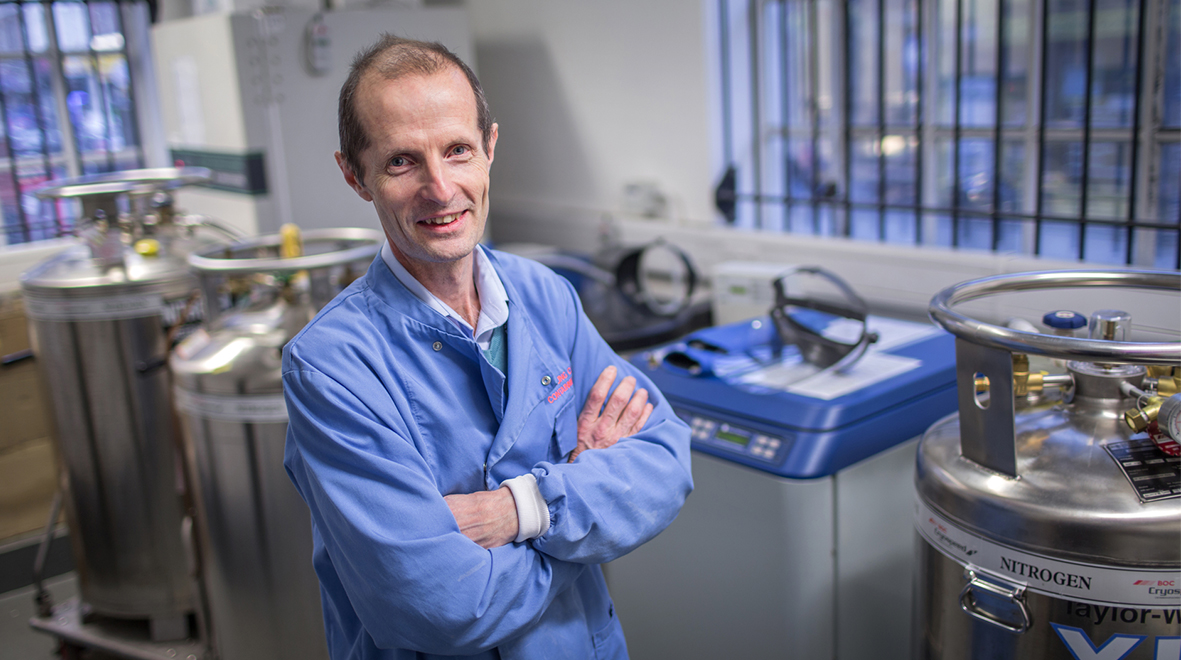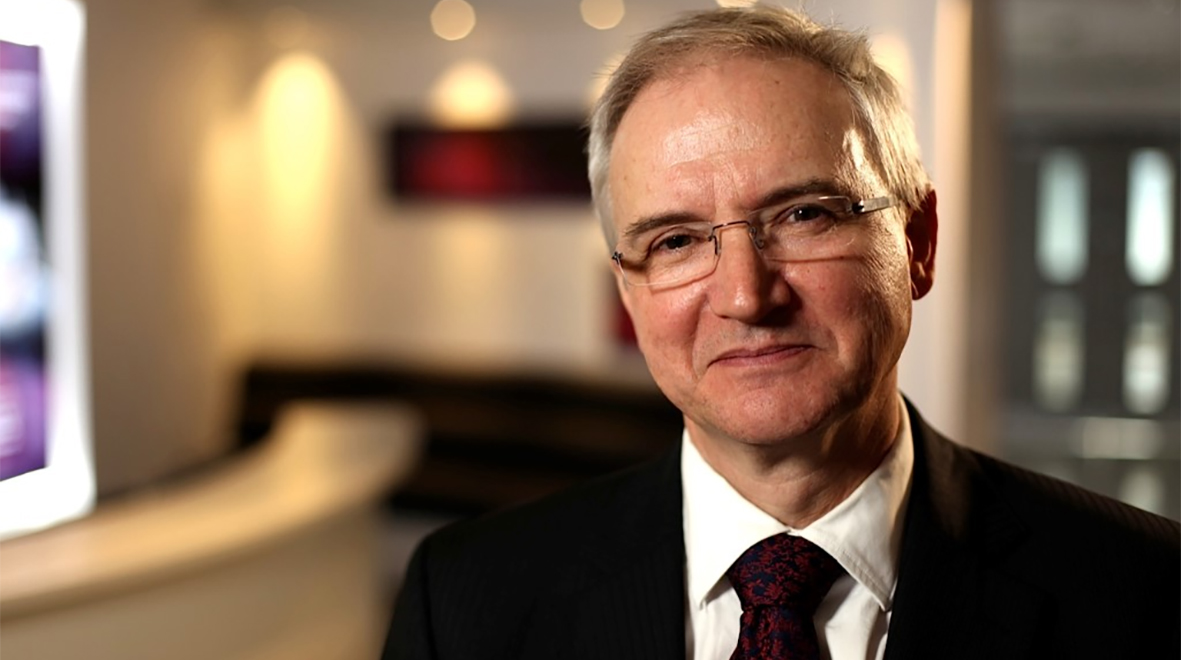Embracing change as an immunologist in the time of Covid-19

Professor Danny Altmann explores how the pandemic has offered new perspectives on his research, leading to new collaborations and engaging with policy.
If any of us ever wished for greater prominence, respect, or public understanding of our scientific contributions to society, this is not the way we would have wished to achieve it. For so many at Imperial working in diverse aspects of infection, immunity and global health, this has been a time of much urgent soul-searching as to how we can best bring our skill sets to bear on the problem most effectively, whether as clinicians, disease modellers, vaccinologists or basic immunologists. It’s hard to turn on a news broadcast or open a newspaper without seeing opinions from Imperial colleagues, clinical and scientific.
At a time when the mantra is ‘policy led by the science’, this is absolutely as it should be. We often have it ingrained as scientists to keep our heads down lest we be accused of showboating or playing ‘Johnny-Big-Potato’ by making inflated claims about our research. Yet, this is a time when it’s OK and even laudable to stick your head above the parapet: when it genuinely matters, and people genuinely want to know, what are these different types of antibody tests, is antibody protective and how long does it last, which may be the most effective vaccines. This surely is the time to step up to the plate, whether by adapting the research focus of our labs to the current issues, by communicating and trying to clarify the nuances, and of course, by remembering our commitments to our students and trying to work out how to keep them stimulated and scientifically productive despite lockdown. (more…)


